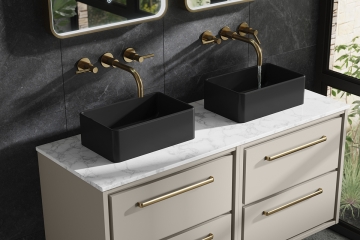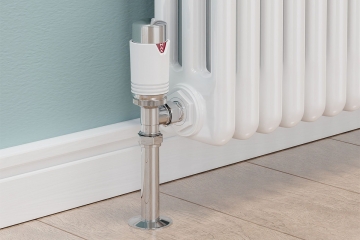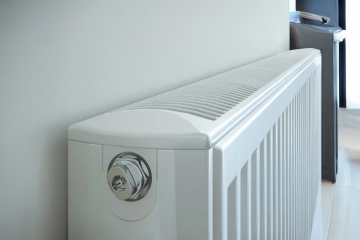How Does a Mixer Shower Work?
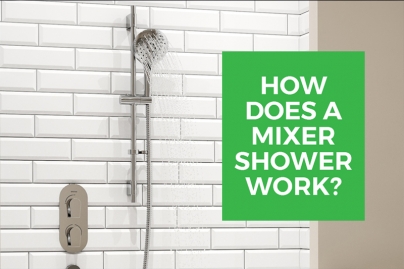
How Does a Mixer Shower Work?
A mixer shower, as its name suggests, mixes a hot and cold water supply in a valve to reach your chosen temperature before it reaches the shower head. They are intended for use with either low or high pressure water supplies and will not increase the low pressure of a water flow. They are designed to be either exposed, where the entire unit is mounted on the surface of a wall, or concealed, where the valve is visible but most of the pipework is installed into the wall and hidden from view. This versatility means mixers are suitable for installation in new builds and also buildings where it's only possible to make minimal structural alterations.
In order for a mixer shower to operate properly, the hot and cold water supplies need to be fed into the system at the same pressure. The major drawback to a mixer shower's dependence on external water supplies is that these will usually be shared with other appliances in the home, such as kitchen taps or toilets. When these other appliances are used, the shower's hot or cold water supply can be interrupted, meaning extreme temperatures one way or the other. This also necessitates a ready supply of hot water, meaning a water boiler will need to be in use regularly, even in the summer when it might otherwise be inactive.
Thermostatic mixers constantly monitor the water temperature and make immediate adjustments to the hot and cold balance to maintain a consistent temperature. Some modern thermostatic mixers even feature an automatic shut-off if one of the flows is reduced, which avoids cold bursts and scalding heat. Many feature a maximum permitted temperature, ideal for making your bathroom safer for children. It is also possible to avoid shower flow interruptions in low pressure systems by adding separate pipes from your hot and cold supplies. This requires small modifications to be made to your hot water tank, which a plumber will be able to install for you. Our guide on water pressure systems will help you determine which system you have.
Mixer showers remain the most economical choice of shower unit, particularly in homes with central heating and a frequently used boiler. Though they're dependent on two external water supplies, they will pose few problems in the majority of modern homes, especially when installed by a professional.
Related Posts
Countertop and inset basins look completely different, function quite differently in daily use, and suit different bathroom styles and practical needs. So here's how to work out which one's actually right for your space.
Understanding how TRVs actually function can save you a fair chunk of money on heating bills whilst making your home more comfortable. They're cleverer than they look, and once you know what you're doing with them, they pretty much run themselves.
Your heating's on, but some rooms are tropical while others feel like winter? The culprit is most likely unbalanced radiators. Let's take a closer look.


